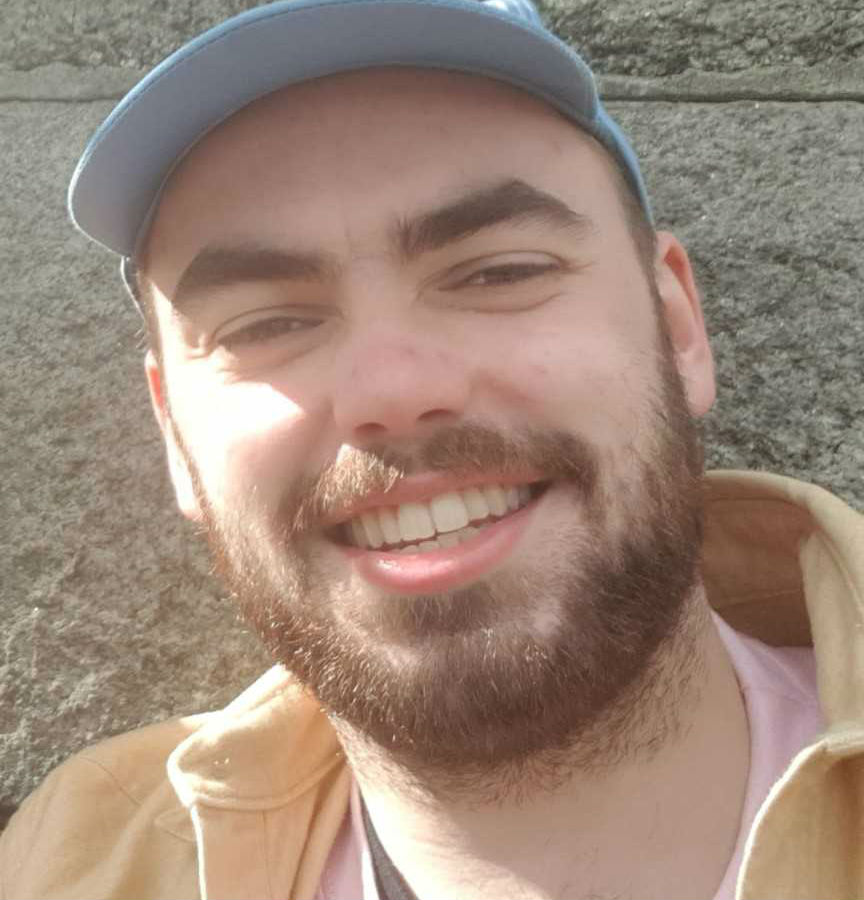




A ferris wheel. Silhouettes dancing through tunnels in Vienna. The effects of WW2 linger, corruption slipping through the cracks of public consciousness. If this sounds like British noir masterpiece The Third Man (Carol Reed, 1949), that’s intentional, as Peter Stephan Jungk’s new documentary Tracking Edith is all too aware of its resemblance to stories we have heard before.
Jungk, in this biography of his aunt, the KGB spy and street photographer Edith Tudor-Hart, attempts to consolidate these two sides of her life with the damage that she caused.
But is it a thriller? An inspirational story of a woman ahead of her time? There is a lack of tone that holds this film back from being more than a factual recounting of a life. Historians describe the KGB’s lack of ideology, so what then what did Edith stand for? Jungk’s closeness to the subject seems to conflicts with an illuminating story he wants to memorialise.
![]()
This isn’t helped by a lack of formal filmmaking. Among the large number of interviews, Jungk sometimes appears as interviewer, but sometimes they’re talking heads. It’s as though he can’t work out how to imprint his personality on the film, whether he needs to be present on screen to guide the story. This leads to a reliance, of course, on animated sequences. This is a reconstructive device so common as to be rote in the modern documentary. Here the animation is elementary and barely functional – the scenes have no character and rely on black and white to maneuvre their lack of development. Thematically, Jungk’s use of Edith’s photography is much more dramatic and illustrative of her personality.
Whenever we see Edith’s photographs there is a reminder of her apparatus, a hefty Rolleiflex shot front on. This is a fun motif, nodding to Dziga Vertov’s 1929 documentary Man With a Movie Camera (which gets a shout out along with some of the other early Soviet filmmakers). But a potentially fascinating early interview about her photographic style is ruined by the way it is presented on camera. The curator speaks directly about photographs which placed too far from the camera for the audience to parse details, and he presents the information to director rather than the camera, which takes away the impact as he isn’t telling us. Her photographs reminded me of the street photography Patrick Modiano describes in his triptych of novellas, Suspended Sentences. Those semi-autobiographical works interact the mysteries of the past with the uncertainty of the present. But Tracking Edith cannot pull of the same sophisticated inquiry.
![]()
Instead we have, unintentionally, a portrait of the modern middle class in Germany. In the psychologists, historians and authors, we see what became of Edith’s world. A shame that the personality of director is not strong or awake enough to interrogate this. Considering she’s his aunt, he never addresses his own relationship with her. ‘Every family has its secrets. Some are never revealed.’ These first lines of voice over establish the theme of the film as a voyage of personal discovery. Yet his brief interactions with his family are as though with strangers. Polite, ineffectual. We never really find out what director is looking for. And so, we too find nothing.
Tracking Edith is in cinemas Friday, July 27th.





















